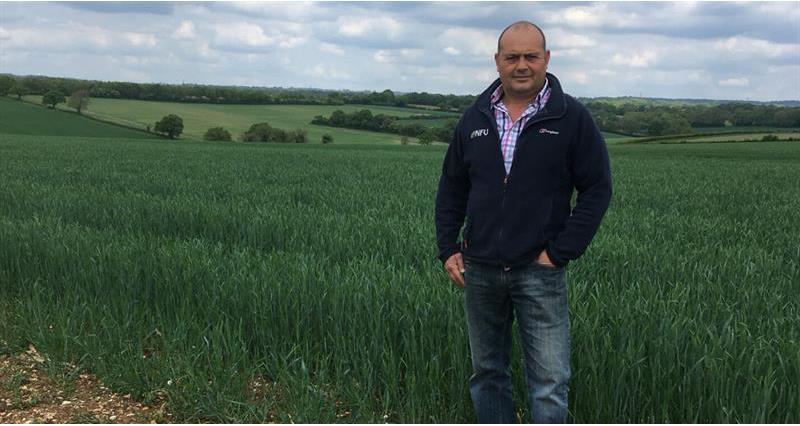With harvest at a standstill for some but drawing to a close for others, and will soon be turning thoughts to establishment and planning inputs for next year’s crops. This brings to the forefront IPM decisions and steps you and I will be taking on farm for the 2021 season.
At the NFU, collaborative work is being undertaken to enable better recording of IPM decisions and to find a suitable metric not only for value, but worth of IPM measures, as well as better quantification of Plant Protection Product (PPP) use. This will give the industry a solid IPM foot to stand on, enabling proper calculations and fair reward for various practices which are undertaken. In addition, we have been working with the Voluntary Initiative (VI) to create an updated version of the IPM plan, offering a more useful tool to growers while providing a better platform to demonstrate to government and the general public what we are doing and the plethora of decisions and actions that happen on farm every day. As the end of the transition period and new environment schemes approach, having solid mechanisms to showcase what IPM happens on farm will be crucial.
This being said, it should be remembered that PPPs are an important part of any IPM strategy, using as little as possible but as much as necessary. This year in particular has proved the need for as many effective tools as possible in order to combat an incredible combination of challenging weather patterns resulting in a large selection of challenges. One prevalent example of this is the secondary growth being seen in cereals such as barley and triticale following the substantial rain that in many cases, came too late.
Meanwhile, at home on the farm we have been looking at and adapting our rotations. WOSR has been removed completely which, while a huge and sad loss of a previously staple crop, has enabled a large reduction in insecticide use and a complete move away from slug pellets. The gap left by the lack of oilseed rape has been filled with whole crops, forage crops and a move to increased spring cropping, incorporating fallow where required. Encouraging fallow has helped tackle grass weed burdens in a different way and initiated a reduction in chemical use.
In terms of winter cropping, we have been delaying drilling of wheat until the end of October, something we are fortunate to be able to do. Although not possible for everyone, the combination of later drilling following a robust glyphosate application, direct drilling and an increased seed rate has meant no need for pre-emergence sprays and has also helped achieve no insecticide use on wheat crops last season as a result.
It is worth remembering that small changes can make big differences. For example we have started targeted, three meter crop spraying from a quad bike, helping us keep on top of brome and other hedgerow weeds which reduces the spread of these into the field, reducing the need for broad acre herbicides. We also have used sterile strips alongside regular hand rouging to tackle grass weed resistance.
For us, IPM is not about establishing blue prints, but maintaining and adjusting management plans that suit individual farms and ever changing conditions. IPM is not a one-size-fits-all, one-off job, it is a continual learning and management process which requires the tweaking and adapting of an agile plan enabling the most efficient and appropriate response to seasonal challenges.
